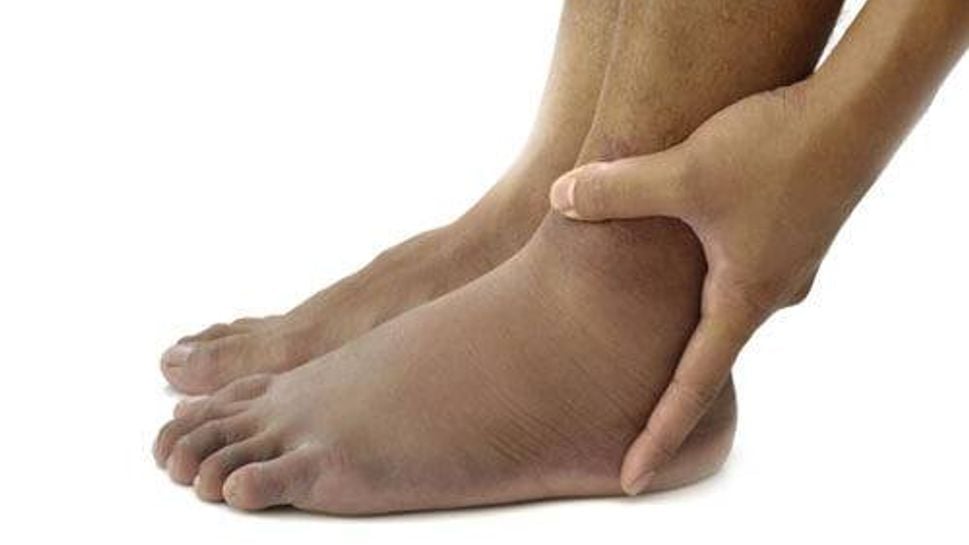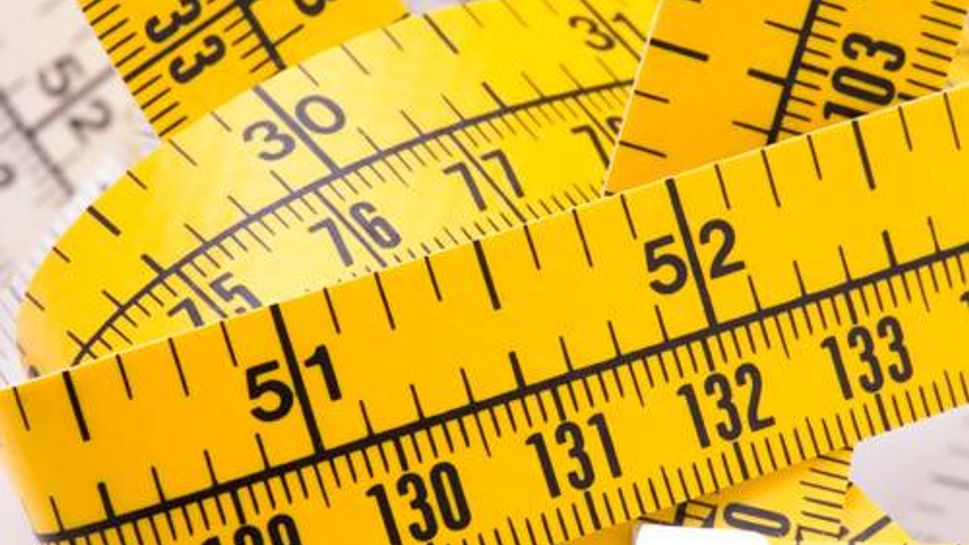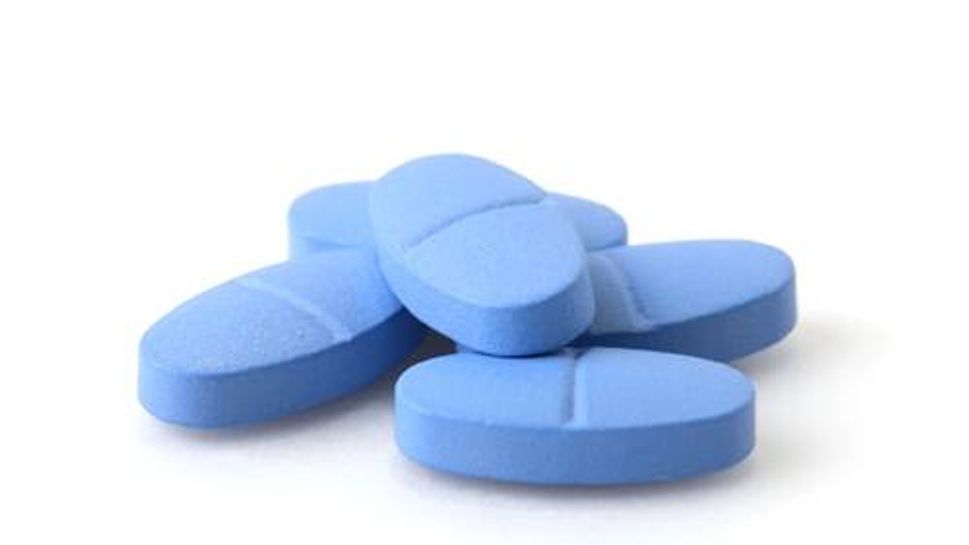Surprising Signs of Heart Disease
Before a heart attack happens, get to know the subtle indicators
(This article previously appeared on Grandparents.com.)
Did you know that 400,000 Americans still die every year of heart disease? “We are improving but it is still a common problem,” says Dr. Gerald Fletcher, American Heart Association spokesperson and professor of medicine - Cardiovascular Diseases, Mayo Clinic College of Medicine, Mayo Clinic, Jacksonville, Fla.
Part of the problem is that while most people know what to look for in a heart attack (pressure or pain in chest or arms, shortness of breath, dizziness, nausea), most people don’t know the signs of heart disease or increased risk of heart disease.
Researchers from Emory's Rollins School of Public Health found that half of all heart disease deaths are due to preventable risk factors. The top five are high cholesterol, diabetes, hypertension, obesity and smoking. But there are other surprising signs that your ticker may not be in tiptop shape:
1 of 6

Swelling of feet and lower legs
Swollen feet and lower legs can be due to heart failure, peripheral artery disease, lung disease or venous insufficiency, a condition in which veins have difficulty sending blood from the legs to the heart. Since blood isn’t being pumped properly in these cases, fluid builds up in the lower extremities.
Heart-saver: “This needs to be looked at right away. It may be just too much salt in your diet, but a physician needs to rule that out,” says Fletcher.

Male pattern baldness
A large study by Harvard Medical School and Brigham and Women’s Hospital in Boston found a correlation between male hair loss and heart conditions such as nonfatal heart attacks, angina or chest pains, and procedures to open blocked coronary arteries. These events increased by 9 percent when men of any age started to lose hair on the front of their heads; 23 percent when a bald spot opens at the crown; and 36 percent when the top of the head is completely bald. Risks increase in men with high blood pressure or high cholesterol. (Men with a lot of pattern baldness and high cholesterol had a risk of almost three times higher than those with high cholesterol and no hair loss.)
Heart-saver: Know your familial risk of heart disease and baldness. If you’ve won the risk lottery, make sure you see your doctor regularly for screenings. Also, talk to your doctor about how to reduce high cholesterol and hypertension. Start with quitting smoking, exercising and reducing fat intake.

Grip strength
Researchers in the Prospective Urban Rural Epidemiology (PURE) Study found that grip strength was a stronger predictor of death by heart disease than systolic blood pressure. In the study of men and women, for every 11-pound decrease in grip strength, there was a 17 percent increased risk of death from heart disease, a 7 percent increased risk of heart attack and a 9 percent increased risk of stroke.
Heart-saver: While the lead researcher did say that further research was necessary to assess if grip resistance training would improve heart health, improving muscle tone certainly couldn’t hurt. The American Heart Association recommends all-over strength training at least twice per week. Try hanging from a bar, fingertip push ups or, if you’re not that fit, just order a handgrip strengthener and do reps while hanging on the phone.

Obstructive sleep apnea
This sleep disorder significantly increases the risk of stroke, and the increase is independent of other risk factors, including hypertension, according to a study by the Yale Center for Sleep Medicine. According to the American Heart Association, one in five adults suffers from at least mild sleep apnea, and it afflicts more men than women. It’s often, but not always, associated with obesity, which in itself is a risk factor for heart disease.
The connection: When you periodically stop breathing, you are (obviously) not getting enough oxygen. The brain sends an all-stations alert, which fires up your blood pressure, makes your heart beat faster and promotes inflammation, damaging blood vessels over time.
Heart-saver: Do people tell you that you snore a lot? Or that you stop breathing periodically while you sleep? Do you find yourself waking suddenly, gasping for breath? Get yourself to a sleep clinic for an assessment. (Contact the American Academy of Sleep Medicine to find one near you.) Treatments include lifestyle adjustments (losing weight, quitting smoking), a continuous positive airway pressure (CPAP) machine to be used at night, an oral appliance to keep your throat open and, in severe cases, surgery.

Being short
For every 2.5 inches increase in height, your risk of coronary artery disease decreases by 13.5 percent, according to a British study published in the New England Journal of Medicine. The causes are complex but researchers found the link due to genetics rather than poverty or poor diet. It may be that the genes for height are linked to genes for cholesterol, says the study.
Heart-saver: Just because you are vertically challenged doesn’t mean you are doomed. While you can’t do much about your genetic inheritance, you can adopt a healthy lifestyle. See your doctor to assess your overall risk.

Sexual dysfunction
In men, erectile dysfunction has been linked to coronary artery disease (CAD), says David I. Feldman, B.S., lead author and research assistant at the Ciccarone Center for the Prevention of Heart Disease at Johns Hopkins in Baltimore.
Women with CAD also can suffer from sexual issues, such as problems with desire, arousal, lubrication, orgasm and pain, says a Wichita State University report.
Heart-saver: See your physician for a complete checkup to establish whether you do have CAD. In the meantime, both sexes should check out the services of a sexual therapist and educator who can recommend psychological help and lifestyle changes. You can find one through the American Association of Sexuality Educators, Counselors and Therapists.
Grandparents.com is a lifestyle website, social media community & peer group that unites & connects America's 70 million Grandparents to the best information and premier products & services just for them. Our goal is to promote well-being and give timely information on what really matters to you, from health and money to family and relationships to travel and retirement.

